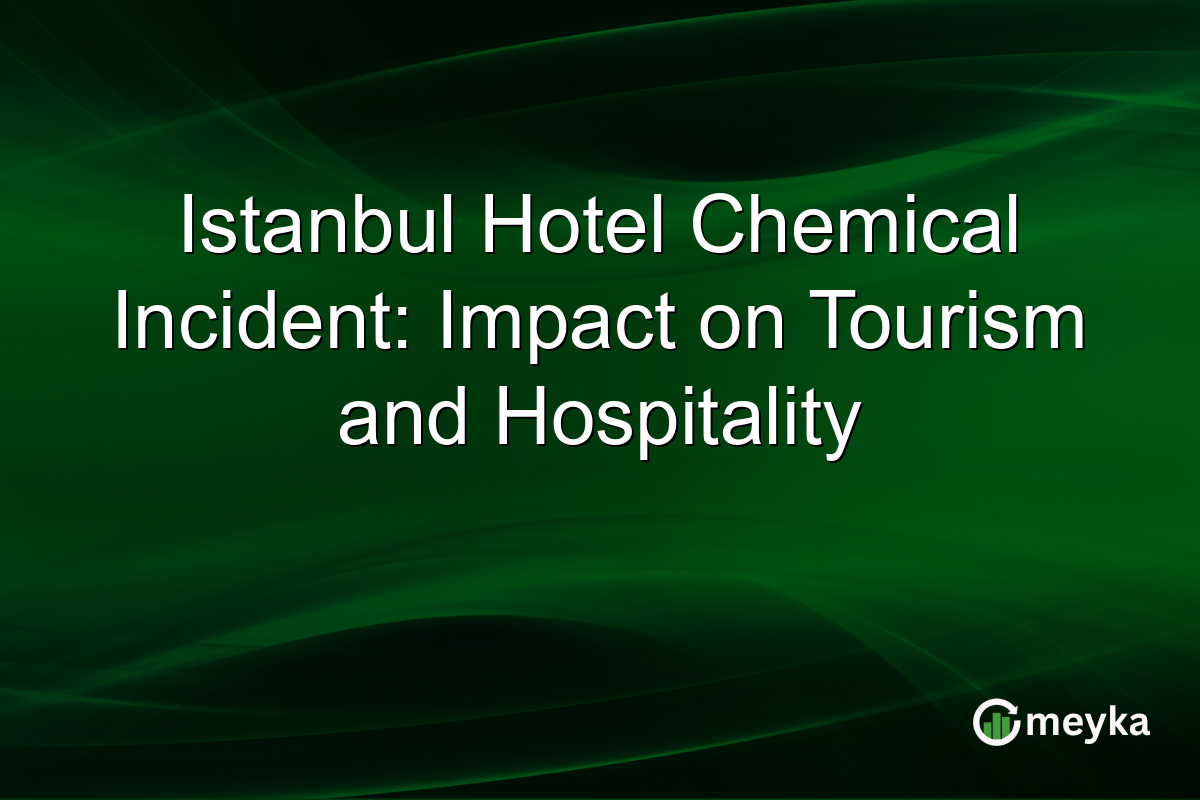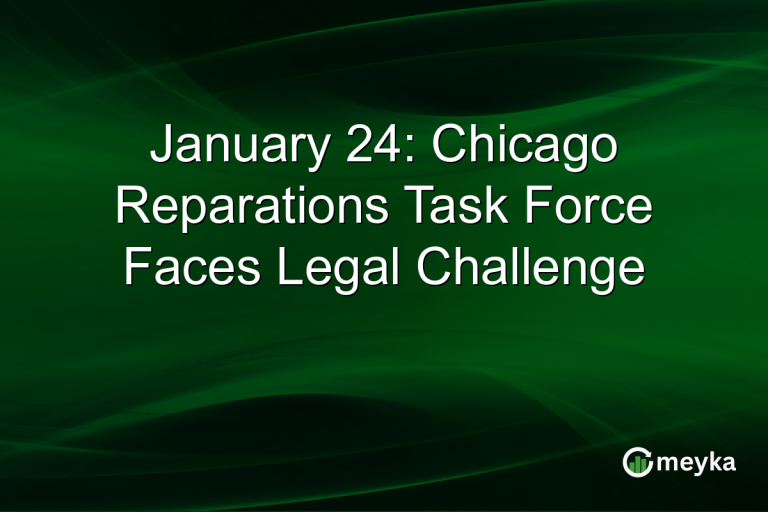Istanbul Hotel Chemical Incident: Impact on Tourism and Hospitality
The recent Istanbul hotel incident has sent shockwaves through Turkey’s tourism industry. A tragic case of suspected chemical poisoning led to the death of a family. This incident has raised significant hotel safety concerns in Istanbul, a city renowned for attracting millions of tourists annually. Local authorities and hospitality experts are now keenly focused on reinstating confidence in Turkey’s vibrant tourist sector.
Continue Reading on Meyka
This article is available in full on our main platform. Get access to complete analysis, stock insights, and more.
Read Full Article →





